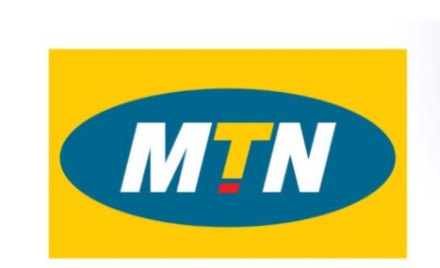MTN Nigeria Communications Plc and Airtel Africa Plc have reported N479.11bn in foreign exchange losses following the June 2023 devaluation of the naira.
In its nine-month financial report for the year, MTN recorded a forex loss of N232.8bn on its net foreign currency liabilities following the devaluation of the naira from 461/$1 in December 2022 to 777/$1 in September 2023.

It noted that its forex loss in the corresponding period of 2022 was N27.9bn. The firm further highlighted that given the scarcity of forex in the market, it had to rely significantly on letters of credit for its capital expenditure needs.
It said, “Given the protracted forex paucity in the market, MTN Nigeria utilised trade lines to fund the establishment of confirmed irrevocable letters of credit for its network capex investments to sustain revenue growth.
“Our recognised forex loss for the nine months to September 2023 was 77 per cent higher than the amount reported in H1 2023, where we measured all the trade lines after offsetting the naira-denominated cash cover that was provided to the banks. Following further analysis and review, we have remeasured all our trade lines to correctly exclude the naira-denominated cash cover that was provided to the banks.”
For Airtel, it recorded an after-tax foreign exchange loss of $317m.
It highlighted, “Loss after tax was $13m driven largely by a foreign exchange loss of $471m recorded in finance cost before tax and $317m after tax because of the devaluation of the Nigerian naira in June 2023. This impact has been classified as an exceptional item.”
Airtel expects the impact of the naira’s devaluation to eventually cost it $900m-$950m in annualised revenue.
It added, “The exceptional item of $471m is on account of derivative and foreign exchange losses following the Nigerian naira devaluation in June 2023 (from 465 NGN/USD in May 2023 to 752 NGN/USD in Jun 2023). This has resulted in an exceptional tax gain of $154m. Tax exceptional items in the previous period benefited from the initial recognition of a deferred tax credit of $42m in Kenya.”
Like MTN, Airtel also had issues with accessing the dollar due to illiquidity.
The firm said, “In some markets, we face instances of limited supply of foreign currency within the local monetary system. This not only constrains our ability to fully benefit at group level from strong cash generation by those OpCos but also impacts our ability to make timely foreign currency payments to our international suppliers.”
FX scarcity has been a major challenge in Nigeria in recent times, leading to a significant depreciation of the local currency in the parallel market.
According to the World Bank, the Nigerian naira is one of the worst-performing currencies in the region, losing 40 per cent of its value since the start of 2023.
Commenting on the scarcity of dollars in the country, the global bank said, “However, resistance toward the increasing pressure on the Nigerian naira coupled with limited supply of FX at the official window has led to the reemergence of the parallel market premium.”
The telecoms industry relies heavily on forex for its operations because most of its equipment is imported.
Recently, the Chairman, Association of Licensed Telecommunications Operators of Nigeria, Gbenga Adebayo, tasked the government to introduce a special forex market for the industry.
He made the call when telcos met with the Minister of Communications, Innovation and Digital Economy, Dr Bosun Tijani, recently.
He said, “Liaise with relevant stakeholders such as the CBN for the institution of intervention measures to support the telecommunications sector.
Such interventions could include the introduction of a special forex window for the industry, set-up of long-term, low interest infrastructure funding schemes, etc.”







